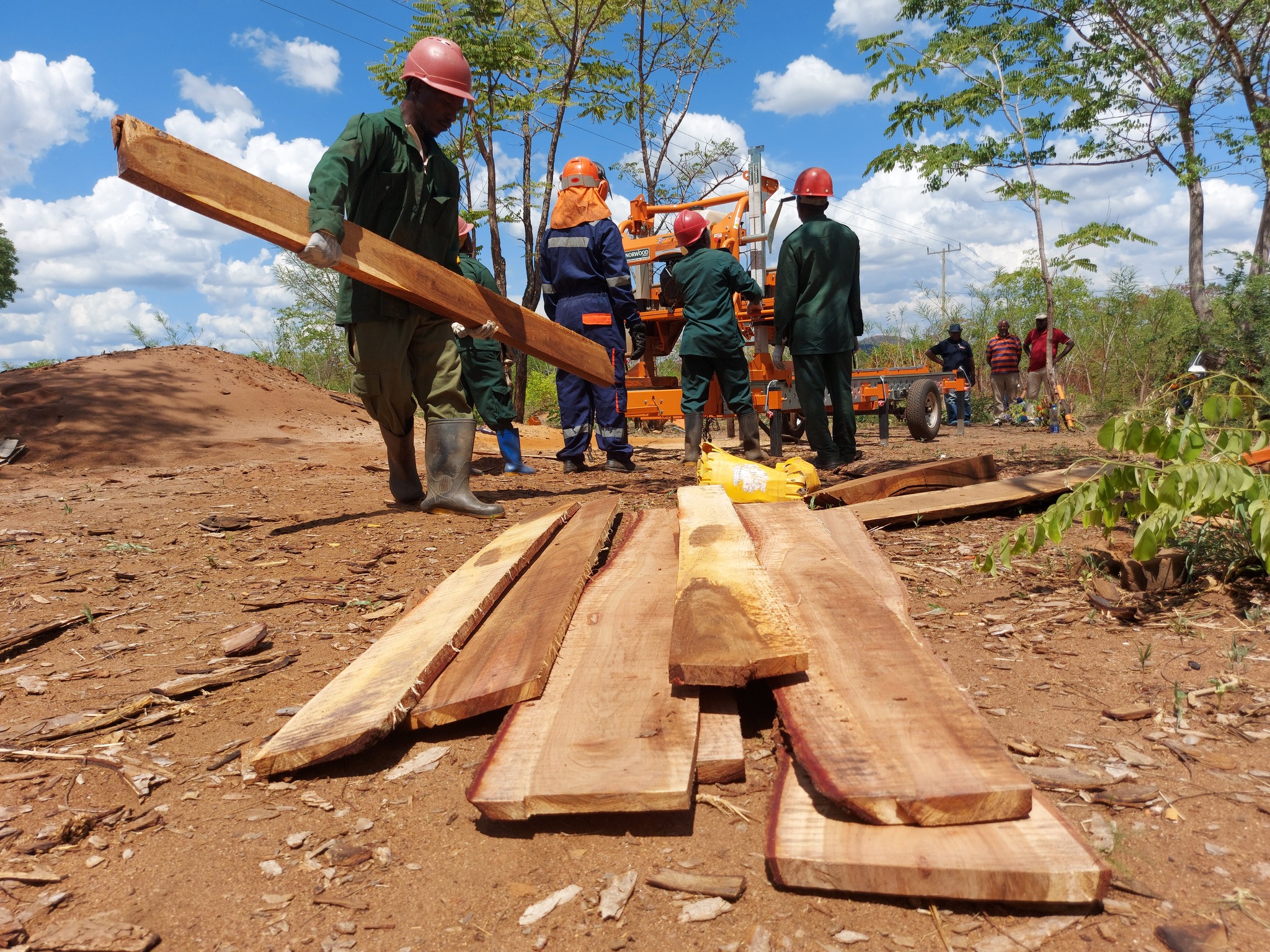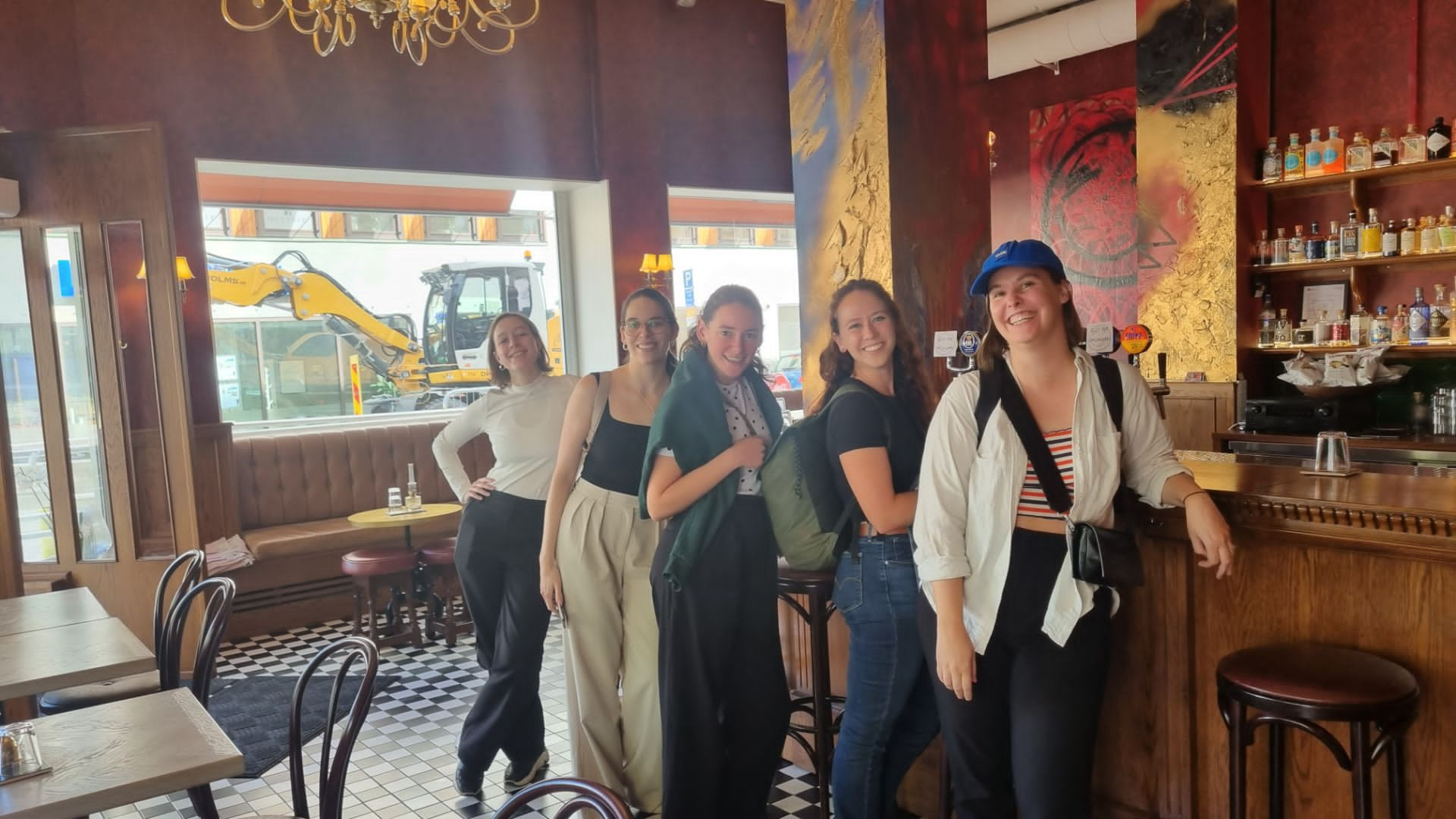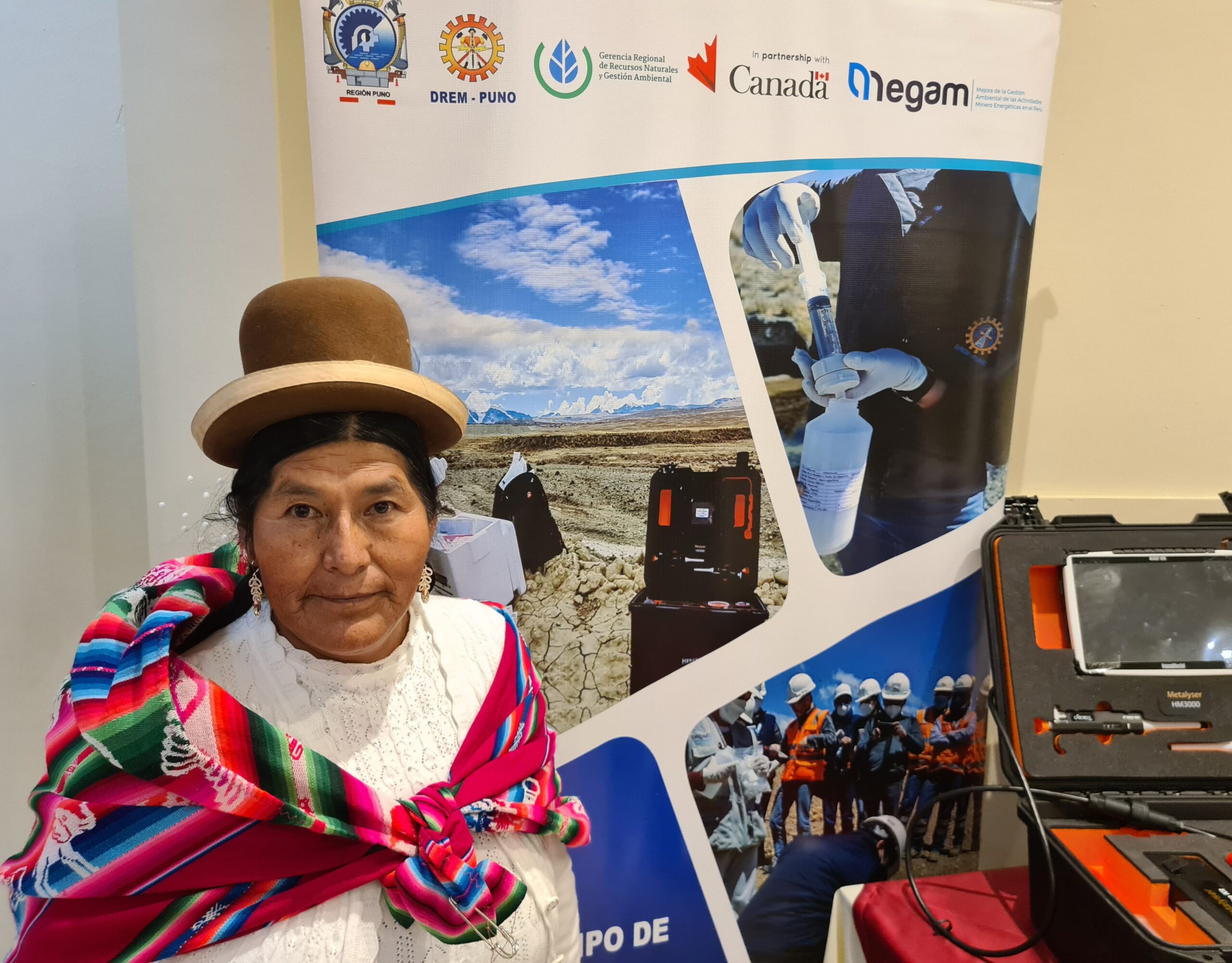
Cowater International at COP26
Cowater International is proud to be leading the FCDO-funded Supporting Pastoralism and Agriculture in Protracted and Recurrent Conflicts (SPARC) programme in partnership with ODI, Mercy Corps and ILRI. Since SPARC was launched in early 2020, we have advanced research, a summary of which includes understanding more about climate finance gaps in fragile states; the impact of COVID-19 on livestock markets in East Africa; and profiling the challenges faced by young people in accessing good quality employment where economies are under climate-related stress.
Through SPARC, Cowater International is pleased to be sponsoring the COP26 Resilience Hub – an FCDO supported knowledge hub of events and communications around the global effort to fight climate change. SPARC is also a supporter of the climateshot campaign of CCAFS and the FCDO aimed at promoting innovation in climate smart agriculture, and – as a member of the Adaptation Research Alliance – laying the foundation for future research on how developing countries can effectively manage climate impacts.
We invite you to attend some of our events at COP26 in the coming weeks. To register for any of these events, please click here.
SPARC Event: World Leader Summit Event: Closing the action gap: addressing climate risks in fragile and conflict-affected settings; the need for multi-agency collaboration and coordination
Date: Monday, 1st of November (Hybrid)
Time: 5pm – 6pm GMT
People in fragile and conflict-affected settings will face greater risks due to higher vulnerability to climate hazards and exposure to conflict and protracted crises. Moreover, climate change and conflict interact with each other in many of these settings, compounding the risks that communities face and jeopardising sustainable development that ‘leaves no one behind’. Humanitarian actors are present in many of these contexts, working to implement programmes that address immediate needs while building longer-term resilience. However, despite higher levels of vulnerability and need, there is a significant difference between the provision of funding to stable, middle-income countries and fragile or conflict-affected ones, with the latter receiving significantly less funding to support their efforts to adapt to climate change. The session will seek to support a conversation between development, humanitarian, political and business leaders on how to ensure that populations facing the double vulnerability of climate risks and conflict are more effectively supported.
SPARC event: Climate change and migration in the Sudano-Sahel region
Date: Thursday 4th November 2021 (Virtual)
Time: 8.45am – 9.45am GMT
The Sudano-Sahel has been characterized by semi-arid to arid climates for thousands of years. Populations adapted to these harsh environments through mobility, such as livestock transhumance or seasonal rural-to-urban migration. Conflict and land degradation also contribute to movement. And while the climate is changing, understanding the influence of climate change on human mobility is nascent. Looking forward, mobility will continue to play a key role in economic growth and diversification – just as climate change impacts grow. It’s time to start examining opportunities to harness mobility for conflict-sensitive climate adaptation and mitigation across the Sahel, and ensure that sending and receiving communities are climate resilient. The objective of this event is to bring together key decision-makers/practitioners across east and west Africa to better capture these nuances of Sudano-Sahelian mobility and interrogate the resilience narratives of migration in the context of climate change, conflict and livelihood change across east and west Africa. It will feature speakers from the British Red Cross, University of Sheffield, and the International Development Research Centre.
SPARC event: Transboundary Climate Adaptation Risks
Date: Friday 5th November 2021 (Virtual)
Time: 9am – 10am GMT
Transboundary climate change and adaptation risks (TCARs) are outcomes associated with climate change and adaptation decisions that spread beyond country borders. TCAR management requires international cooperation. This virtual event brings together key decision-makers across East and West Africa involved in national adaptation planning or regional initiatives to understand TCAR priorities and explore regional frameworks for collaborative management. It will feature speakers from ENDA, AGNES and UNDP. The latest evidence from SPARC’s report “Transboundary Climate and Adaptation Risks in Africa: Perceptions from 2021” will feature.
We invite you to engage with our work around supporting pastoralism and resilient livelihoods in Africa’s drylands by following us on Twitter @Cowater_Intl and @SPARC_Ideas.
Related Content
Tanzanian–Finnish collaboration supporting a ‘use it or lose it’ approach in Tanzanian Community Based Forest Management
The Governments of Tanzania and Finland have worked together in partnership for decades in the forestry sector in Tanzania. Since 2018, through the Forestry and Value Chains Development Programme (FORVAC), […]
The story of two interns: one year later and over 19,000 kilometers apart
Cover photo, from left to right, Cowater International former interns turned employees: Sofia, Samantha Julien (Sam), Aude, Elizabeth McGowan (Liz) and Astrid. Elizabeth McGowan (Liz) and Samantha Julien (Sam) both […]
Community, Capacity and Coordination: why environmental management matters for sustainable development in Peru
Author: Victor Neagu, Director of Communications and Marketing, Cowater International I recently travelled to Peru for a series of closing events linked to the MEGAM Project. MEGAM is the Spanish […]







